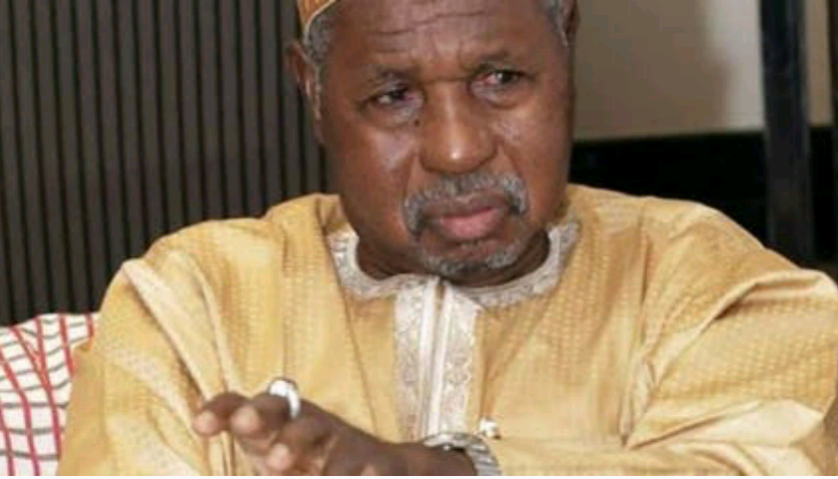
The Katsina State Government has declared its plans to train 1000 graduates drawn from the rural communities in the state, on entrepreneurship and self empowerment activities in order to fast track rural empowerment, development of infrastructure as well as stimulate economic growth
The State’s Commissioner for Rural Development, Alhaji Mustapha Kanti Bello who made the above disclosure Saturday during a Ministerial Press briefing held at Government House Katsina, also noted that the larger population of Katsina people live in the rural communities with an attendant huge youth unemployment and low poverty levels.
He further disclosed that to tackle rural development, his ministry has devised a two pronged approach namely: Rural Feeder Roads Development and Rural Infrastructure and Economic Revalidation programs.
He described the rural feeder road development as having prompted the construction of 461km rural feeder roads in the state by the state government out of which 158 kilometers representing 34 percent have been completed.
He said; “presently the Ministry is engaging about 1000 youths drawn from the rural communities across the 34 local government areas to be trained on entrepreneurship programs, record keeping and other social empowerment schemes anchored by the CBN, financial donors and Foundations’’
‘’the Ministry inherited about N2.83b worth of road projects in 2017, the rural feeder road projects were awarded along the three senatorial districts of Daura, Katsina and Funtua.
‘’ the completion rates of execution of feeder road projects in these Senatorial zones ranges from Daura and Katsina 57 percent each while Funtua zone has 12 percent achievement levels thanks to insecurity and the rainy season.”
He added that the Rural Infrastructure and Economic Revitalization plans was an initiative by his Ministry designed to promote economic empowerment and other positive social developments.
The revitalization plans was further split into four major components including Graduate Entrepreneurship Training, Access to finance, Skills and vocational acquisition and Rural Infrastructure development.
The Commissioner further acknowledged existing inter- agency collaborations including liaison with International donors and foundations as well as the state owned Rural Water Supply and Sanitation Agency, RUWASA.
He announced that the Ministry has received about N200m from an undisclosed foundation for a special intervention in water supply and health care delivery in the rural communities.
By Augustine Okezie













